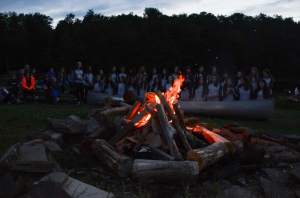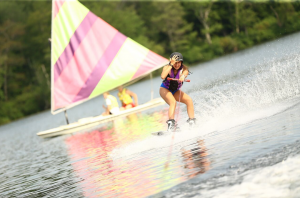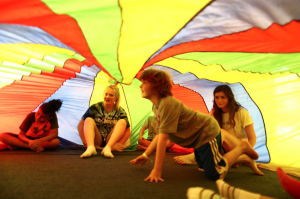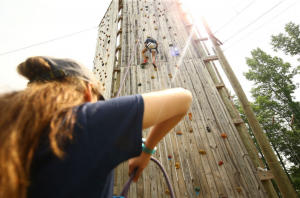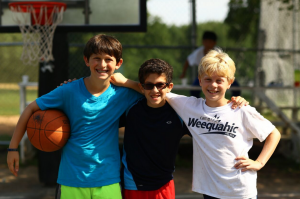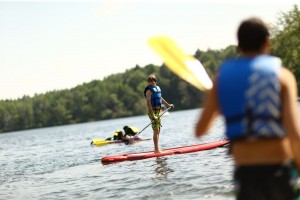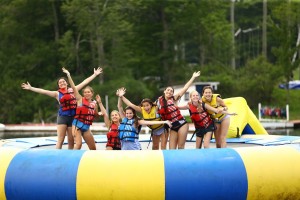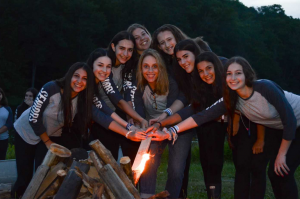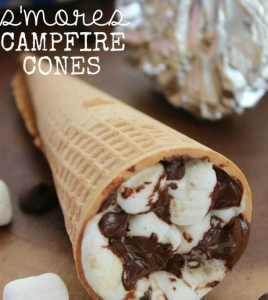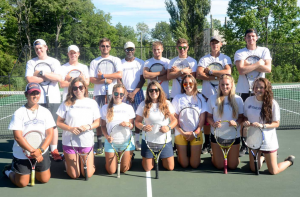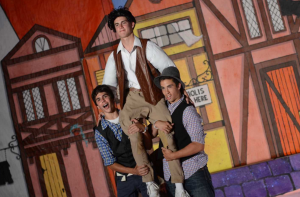 Summer camp isn’t just about campfires and sports and jumping in the lake: we’re happy to report that the arts are alive and well at Camp Starlight!
Summer camp isn’t just about campfires and sports and jumping in the lake: we’re happy to report that the arts are alive and well at Camp Starlight!
From fine art to ceramics to theater, there are activities and specialty resources available for practically anything a creative spirit could dream of.
Art offers variety
Camp is a hands-on place, so it makes sense that the hands-on approach applies even outside the core activities like sports and archery. Not everybody wants to be on their feet all day, so painting, ceramics, and other studio arts give campers a chance to slow down, zone in, and get their hands dirty in a creative environment.
Not a huge fan of ultimate frisbee? How about ceramics then! Not a pottery buff? Maybe some theater will float your boat? Camp is full of creative outlets, and everybody gets a chance to try out as many different mediums as they want until they find the one that speaks to them.
Art builds real-world skills
One of the best things about doing arts activities at camp is how they build on themselves from year to year, all while connecting with students’ activities and interests during the school year.
Campers who dream of going to art school can find plenty of time and resources for honing the skills they already have, while newcomers to a craft can start fresh and continue to grow the next summer if they desire.
At camp, the level a camper wants to reach within the arts is completely within their own control. The sky’s the limit!
Theater keeps everyone laughing
What’s a campfire without some good-natured inside jokes? Theater is a great way for campers to play and practice team organization outside the sports environment. The end product is usually a little on the goofy side (this is summer camp after all, not Shakespeare in the round), but what’s really valuable about the activity is applying those teambuilding skills to something more like “real life” than a team sport.
You could say that the team that plays together, stays together.
Self-expression builds confidence
Ultimately, the goal of creative activities at camp is to build confidence through self-expression.
The arts have always been a safe place for campers to express the things they have on their minds. Making art in a community ensures that everybody gets plenty of attention, and skilled instructors are always on hand to pair campers with the tools appropriate to their skill level. No matter the discipline, every camper gets a chance to show their own unique creative spark.
Camp isn’t just a fun place — it’s a creative place too! So get creative in the arts. There’s no better time than summer to make something spectacular!

 570-798-9831
570-798-9831
